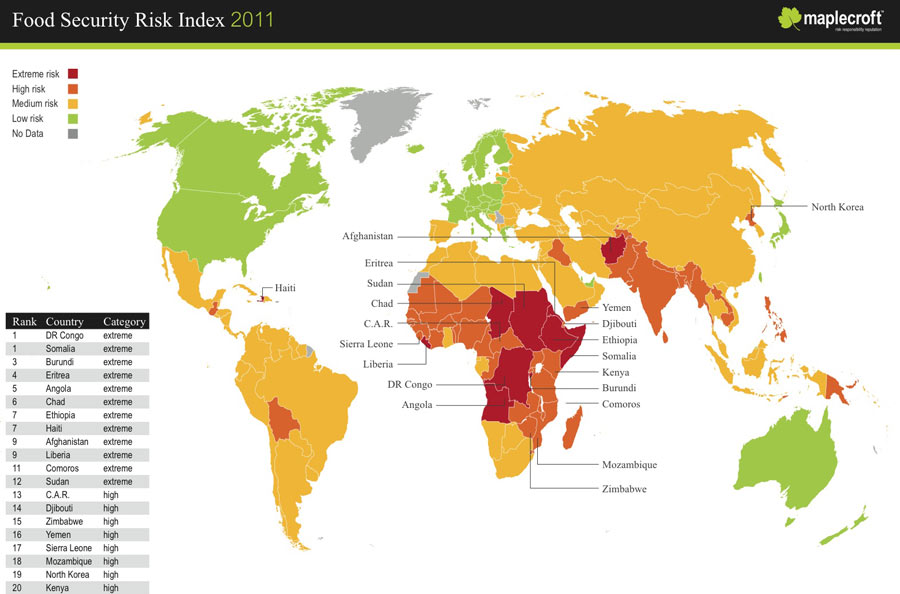Since, most famously,
Jean Anthelme Brillat-Savarin and, slightly less famously,
Alexandre Balthazar Laurent Grimod de La Reynière invented food writing in the first quarter of the 1800s, food writers have battered language almost insensible trying to describe the transports of delight that food has wrought upon their palates. Brillat-Savarin famously said "Tell me what you eat, and I will tell you what you are," in his Physiologie du Goût, ou Méditations de Gastronomie Transcendante; ouvrage théorique, historique et à l'ordre du jour, dédié aux Gastronomes parisiens, par un Professeur, membre de plusieurs sociétés littéraires et savantes. (commonly translated as The Physiology of Taste). The Physiology of Taste
is available in a plain text format through
archive.org. Sadly, Grimod's Manuel des amphitryons : contenant un traité de la dissection des viandes à table, la nomenclature des menus les plus nouveaux pour chaque saison, et des élémens de politesse gourmande : ouvrage indispensable à tous ceux qui sont jaloux de faire bonne cher̀e, et de la faire faire aux autres (1808) is less accessible in translation (
although available in French).
(It is fitting that, as I write this, I've been offered a sample of coffee with instructions to taste it like I would a wine; first the nose, then a slurp and swish to spread the taste over my whole tongue.)
In addition to his mots and aphorisms, Brillat-Savarin dealt with many of the issues that concern us today, such as the globalisation of of food and food culture. He writes:
Gourmandise offers great resources to fiscality, for it increases customs, imports, etc. All we consume pays tribute in one degree or another, and there is no source of public revenue to which gourmands do not contribute.
Let us speak for a moment of that crowd of preparers who every year leave France, to instruct foreign nations in gourmandise. The majority succeed and obedient to the unfasting instinct of a Frenchman's fever, return to their country with the fruits of their economy. This return is greater than one would think.
Brillat-Savarin continues on to talk about how food and the businesses surrounding it contributed an extraordinary amount to France's GDP and balance of payments. But he writes about the joys of the table:
The centuries last passed have also given the taste important extension; the discovery of sugar, and its different preparations, of alcoholic liquors, of wine, ices, vanilla, tea and coffee, have given us flavors hitherto unknown.
Who knows if touch will not have its day, and if some fortuitous circumstance will not open to us thence some new enjoyments? This is especially probable as tactile sensitiveness
exists every where in the body, and consequently can every where be excited.
We have seen that physical love has taken possession of all the sciences. In this respect it acts with its habitual tyranny.
The taste is a more prudent measure but not less active faculty. Taste, we say, has
accomplished the same thing, with a slowness which ensures its success.
Elsewhere we will consider the march. We may, however, observe, that he who has enjoyed a sumptuous banquet in a hall decked with flowers, mirrors, paintings, and statues, embalmed in perfume, enriched with pretty women, filled with delicious
harmony, will not require any great effort of thought to satisfy himself that all sciences have been put in requisition to exalt and to enhance the pleasures of taste.
“[A]ll sciences have been put in requisition to exalt and to enhance the pleasures of taste.” A bold statement, although, considering the state of the hall described, a defensible one.
Brillat-Savarin was writing in the early 1800s, but, in many ways, he set standards that have echoed down the years. In his book
Blue trout and black truffles : the peregrinations of an epicure, Joseph Wechsberg writes similarly about the
Restaurant de la Pyramide in Vienne. In what turns out to be a sheer delight of a read, Wechsberg at first resists the pilgrimage to Pyramide:
I objected mildly that I wasn't too much interested in the “show places” of la grande cuisine. France's restaurants are, by and large, the best in the world, I said, and I could see no reason for patronizing fancy establishments when there is such an astonishing number of small restaurants all over the country where one can get a delicious omelet, a succulent blanquette de veau, a fine Brie, and a bottle of honest vin du pays for the equivalent of a dollar and a half.
Of course, cooler heads prevail, a letter of introduction is written, and Wechsberg is off (again) to France where he meets “incontestably the greatest chef on earth”, the Formidable Monsieur Point (the title of the chapter).
